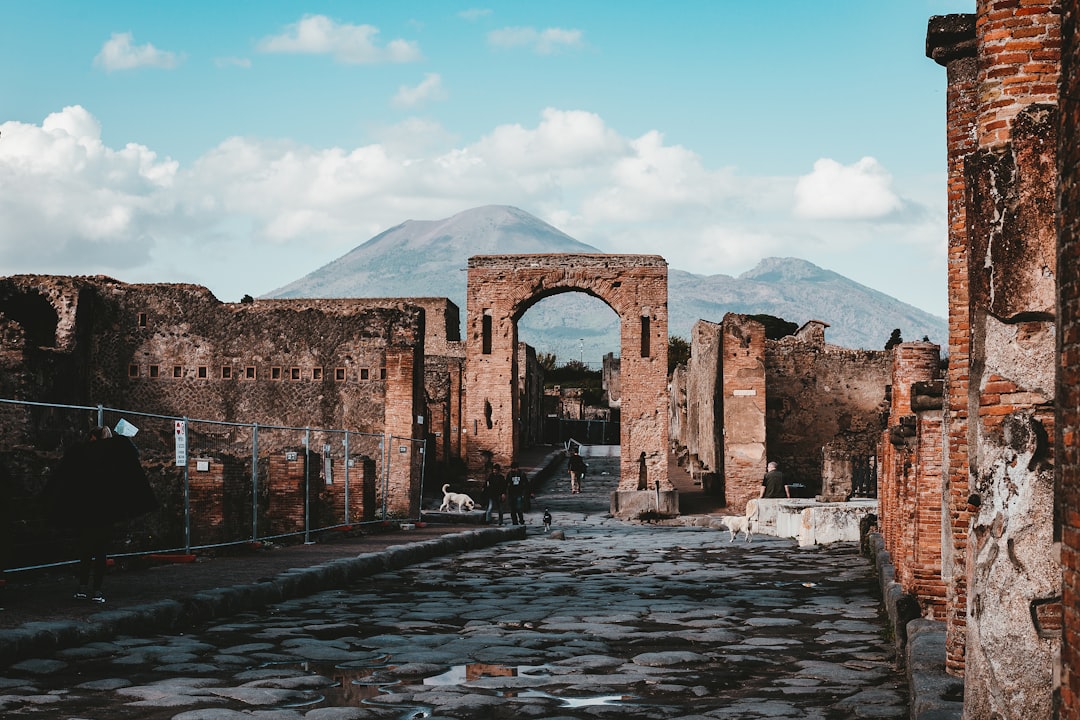What is it about?
How should we understand diplomacy conducted directly world leaders and its interaction with a domestic society? This article presents a framework to show that people's acceptance or contestation of leader-level diplomacy, such as diplomatic visits or multilateral diplomacy, is influenced by their conception of the state as their "home," triggering either anxiety or a sense of pride among people.
Featured Image

Photo by Ehimetalor Akhere Unuabona on Unsplash
Why is it important?
The framework of summit diplomacy as a site for political elites and lay people to contest how a state's autonomy and equality are being compromised or protected through a leader's diplomacy can help us better understand why certain leader-level diplomatic activities may be rejected by domestic constituents.
Perspectives
I hope this article will provide a kick-start to thinking about why a public would react in a certain way to a leader's diplomatic activities conducted in public view. For instance, why does a president's approval rating fluctuate following a foreign trip? What is it that people like or dislike about leader-level diplomacy? This article is not only about foreign policy and diplomacy, but it also touches on the leader-diplomacy linkage that people tend to accept as given without questioning a leader's quality and competence in performing diplomatic duties as a state representative.
Minseon Ku
Ohio State University
Read the Original
This page is a summary of: Summit Diplomacy as Theatre of Sovereignty Contestation, The Hague Journal of Diplomacy, September 2022, Brill,
DOI: 10.1163/1871191x-bja10131.
You can read the full text:
Resources
Contributors
The following have contributed to this page










